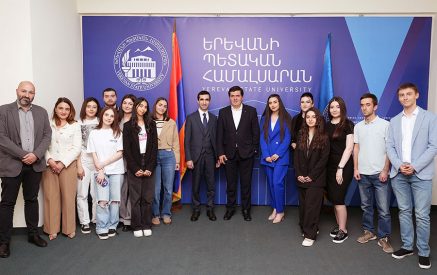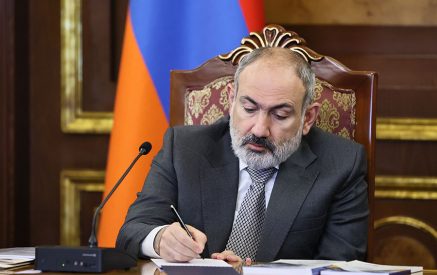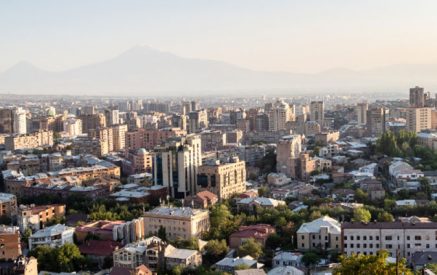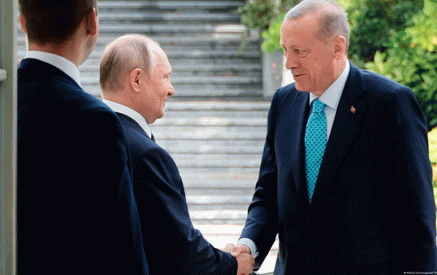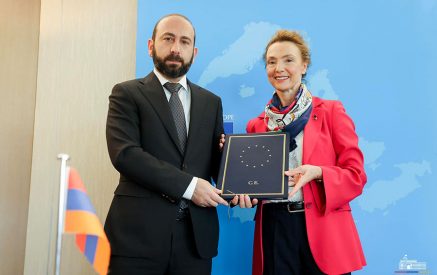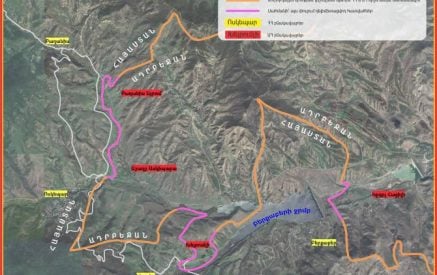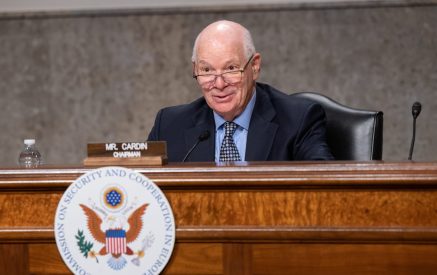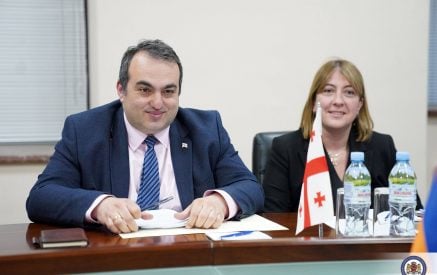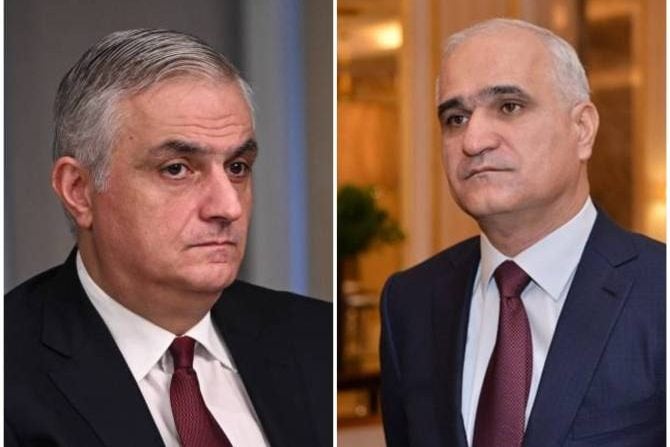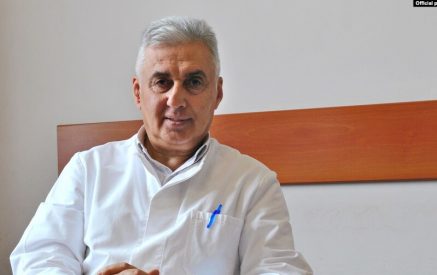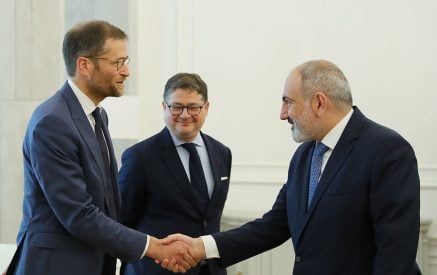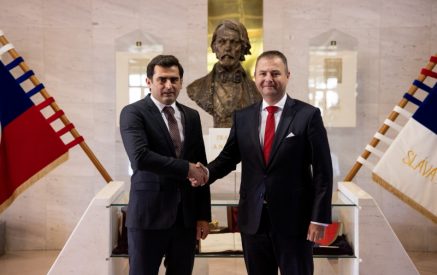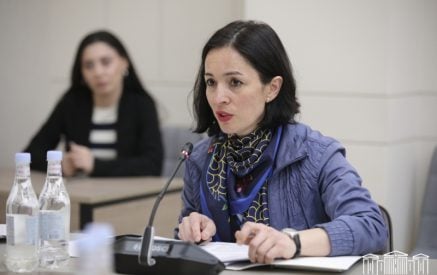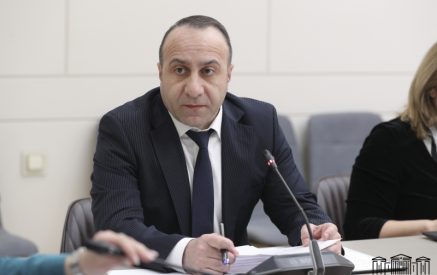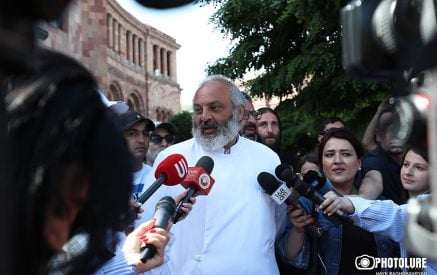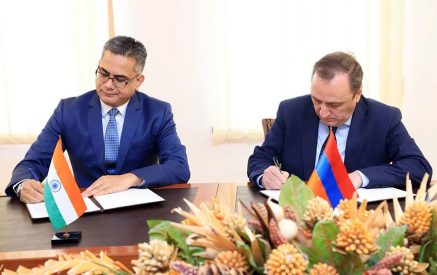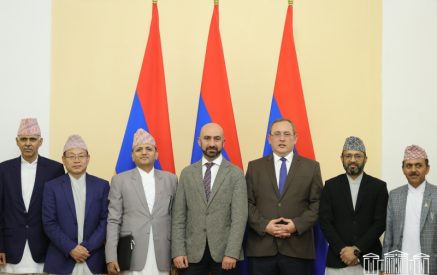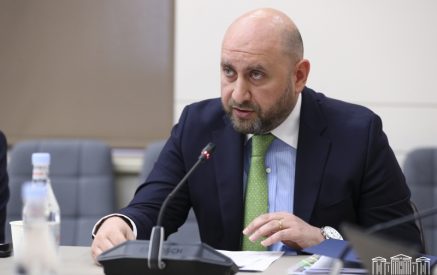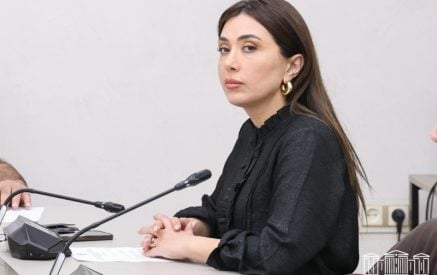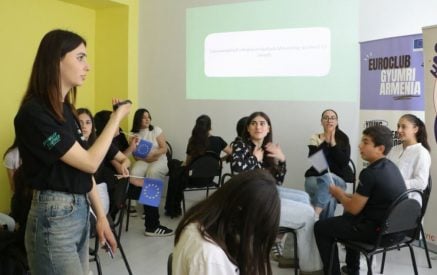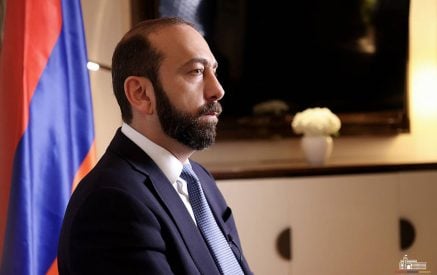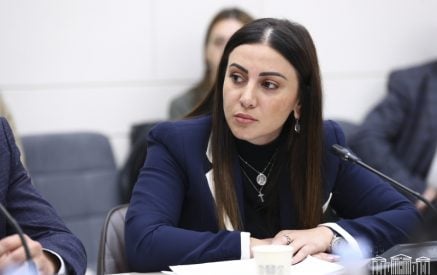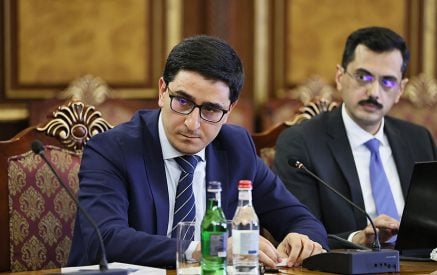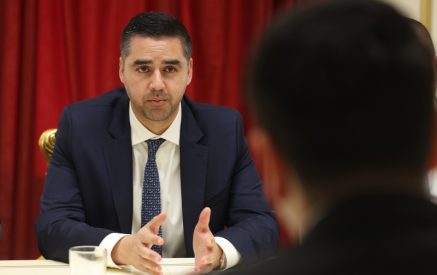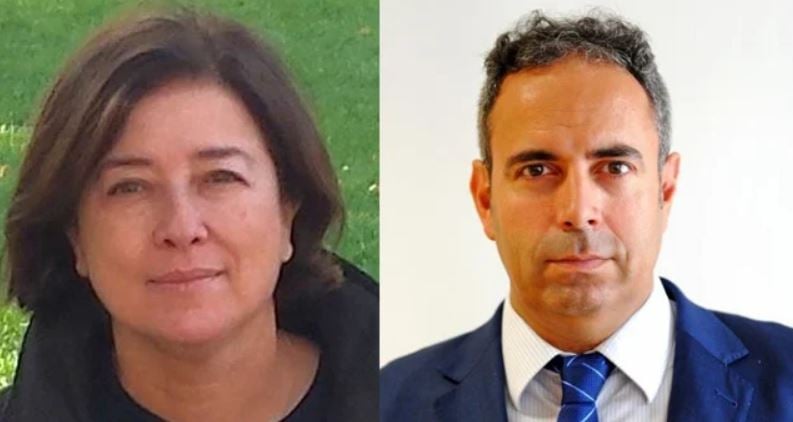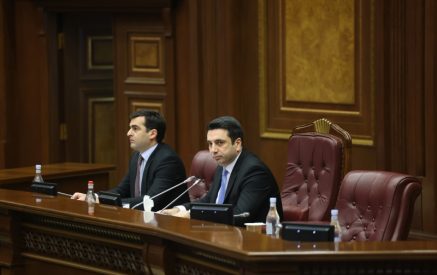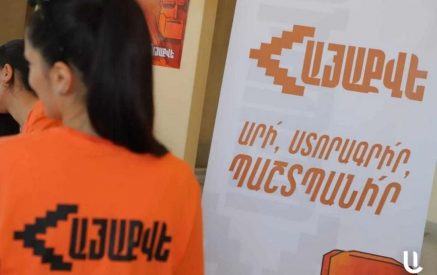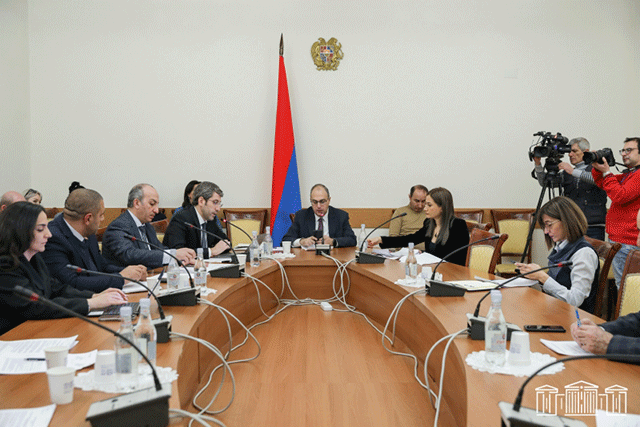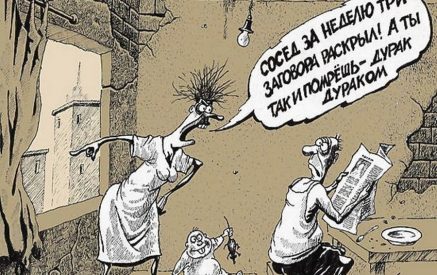Paula Martino da Silva, an expert in the “Protection of Human Rights in Biomedicine” project implemented by the Council of Europe in RA and former President of the National Ethics Council of Natural Sciences of Portugal, believes that the involvement of patient representatives in health ethics committees is essential in this regard. The New Criminal Code of the RA does not establish responsibility for obstructing the professional activity of medical workers, while in 2017, it was provided for by the Criminal Code.
“Aravot” discussed these and other issues with Portuguese and Spanish experts.
-According to the New Criminal Code of the Republic of Armenia, the responsibility for obstructing the professional activity of medical workers does not apply, while it existed in the Criminal Code of 2017. What risks do you see in this alteration?
I don’t have enough information to reply to the specific question related to Armenia. However, what I can acknowledge is that, for example, in my country (Portugal) there is also no specific provision in the Penal Code for the health professions regarding obstruction of activity or other forms of violence against these professionals. However, this does not mean that general criminal provisions do not apply in the specific cases of health professionals. In fact, the Portuguese Penal Code, mainly in what concerns physical violence, threats, defamation increases penalties, in general, in cases that deserve special censure and whose circumstances reveal special censure or perversity on the part of the perpetrator. And, although without specifying the health professions in particular, it is understood that offences against the physical integrity of health professionals working in the public health system are aggravated precisely because they deserve special reproach.
Read also
To our question, what role the awareness of the patients has, what kind of mechanisms do you use to raise the awareness of the patients in your country? The expert answered:
-Patients’ awareness is increasing its importance, as well as the need to build capacity to be involved in decisions that affect people with illness. For that purpose, several mechanisms can be used to get citizens in general more involved in decisions that concern them, and, in particular, in decisions regarding their health.
Active participation of patients plays a fundamental role in fostering greater collaboration and understanding. They should also be indispensable partners in national health policies, healthcare decisions, clinical research, from proposing ideas that can lead to important innovative projects, to ensuring effective access to the results of such innovations.
Workshops on topics related to Health Policy and the National Health Service are a mechanism often used to boost capacity of patients and other stakeholders to get involved in decisions affecting them. Effectiveness of such workshops depends very much on the number of people covered and its geographical scope.
The integration of patient representatives, or even lay people, into health ethics committees has also been an increasingly used strategy allowing closer links between patients and health professionals. I am also convinced that patient organisations can play a fundamental role. More than any of the stakeholders in clinical research or healthcare, they represent the whole community, are well-organised and documented, and are a vehicle for transmitting information in a structured and systemic way to a wide range of stakeholders, including health professionals’ community and relevant state structures.
In a conversation with Joaquín Cayon-De Las Cuevas, Director of the Research Group on Health Law & Bioethics, IDIVAL-University of Cantabria, Spain we noticed that their country has a good experience with the work of research ethics committees, so we asked:
-As it is known, your country has a good experience in the work of research ethics committees. What good experience can you share with Armenia, where research ethics committees are newly formed?
-Practical experience in Spain shows the importance of the interdisciplinary composition of committees, which must necessarily include patient representatives. On the other hand, networking is crucial as it enhances coordination at national level. For this reason, committees from different institutions are in touch and, in addition, hold regular coordination meetings with the national medicines agency.
On the other hand, in Spain only one assessment report from a research ethics committee is required for multi-centre trials. Thus, the report issued by the committee of one of the hospitals involved in the clinical trial is valid for the other committees.
It can be also remarked that where a research ethics committee does not have the necessary expertise to assess a particular clinical trial, it may seek the advice of external experts. This advice is mandatory when committees assess clinical research protocols involving surgical procedures, diagnostic techniques, medical devices, or advanced therapies. It is also required when committees assess clinical trials involving particularly vulnerable subjects such as minors and disabled persons.
To our statement, the work of research ethics commissions in RA has been formal for years, so what mechanisms would he recommend to make the work of these commissions more effective, the expert answered:
-I would highlight various mechanisms to improve the efficiency of the work of ethics committees. First, it is important to carry out an appropriate distribution of tasks according to the expertise of the committee members.
Second, it is also advisable to use a check-list system to avoid gaps. Avoiding duplications and overlaps of evaluations when possible will also speed up the procedure. For this purpose, I do recommend simplifying the committee work by adopting standard operating procedures. We should not forget the need for setting up appropriate information systems in order to allow shared information, to draft reports, minutes and certificates in semi-automatic way and to establish follow-ups and reminders.
Last but not least, it is crucial to strengthen the professional role that committee members play. In this regard, the position of the committee leader (chair or secretary) is a key issue. There should be at least one part-time position in order to optimise organisation of tasks, evaluation and monitoring.
Tatev HARUTYUNYAN


